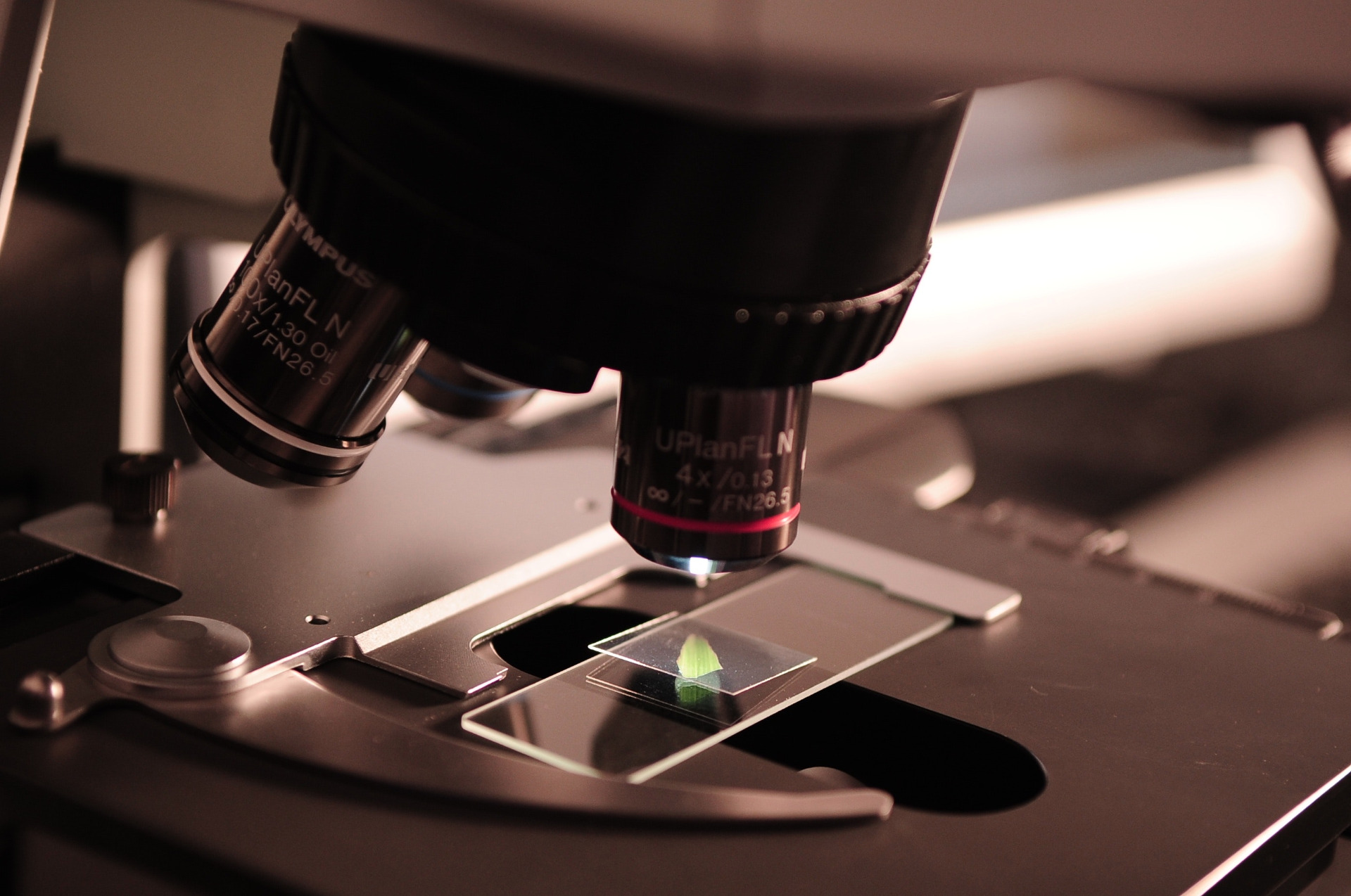Synergistic ICB and Neoantigen Vaccine
Analysis by Ryan Kowash
May Biotech Article
Liu, L., Chen, J., Zhang, H. et al. Concurrent delivery of immune checkpoint blockade modulates T cell dynamics to enhance neoantigen vaccine-generated antitumor immunity. Nat Cancer 3, 437-452 (2022).
Background:
Recently, researchers from UT southwestern Medical Center discovered that a combination of neo-antigen vaccine and immune-checkpoint blockade therapy can modulate cancer killing through neo-antigen specific T cells. Immune checkpoint blockade (ICB) therapies have revolutionized cancer treatment for some cancer types; however, others continue to not respond well to such therapies and treatment resistance is a major problem. Neo-antigens are small peptides that activate immune cells to target the tumor. Neoantigen vaccines have previously been tested in patients with melanoma and demonstrated clinical benefit. However, challenges remain for using neo-antigen vaccines in the clinic such as auto-immunity and creating personalized neo-antigens to fit individual patients. This study is the first of its kind to explore how the combination of ICB and neo-antigen vaccine change the cytotoxic T cell landscape.
Methods:
To determine these findings researchers utilized single cell sequencing technology of T cell receptors (TCR) which recognize antigen and initiate an immune response. They looked at T cell populations in tumor tissue as well as draining lymph nodes. These experiments were done using a MC38 tumor model which is a mouse colorectal tumor model and has been well characterized. Once sequenced, the researchers were able to perform cluster analysis to analyze infiltrating lymphocytes with different treatments. They performed lineage tracing of clonal T cell subsets. Finally, they leveraged data to determine changes in the T cell landscape that contribute to tumor killing. Overall tumor growth was also measured in order to determine the functionality of treatment.
Results:
This study made critical findings regarding both activating and inhibitory T cells that are altered in neo-antigen and ICB therapy. This study found that neo-antigen specific T cells in the draining lymph nodes are required for the combination treatment. Specifically, they found an increase in activating chemokine signals such as Cxcr3, decreases in inhibitory T cell receptors such as Lag3 and increased cytotoxic markers such as Gzma. Most importantly, they found that compared to control there was modest decrease tumor growth when given ICB and vaccine as single agents but when combined there was a durable and synergized response. This combined treatment results in a new CD8 T cell population that was not present in the single agent treated animals. This study had a few limitations such as not including myeloid cells in their analysis and that these findings must be further validated in human tumors. This work paves the way for future studies and to determine if this is a valid treatment for a variety of cancer types.

